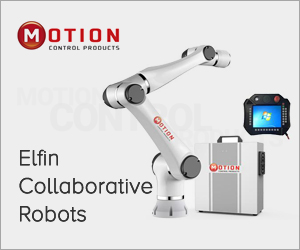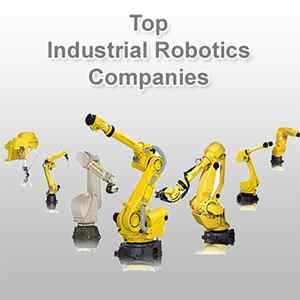Data Analytics for Manufacturing: Turning Data into Actionable Insights

In the realm of modern manufacturing, data analytics has emerged as a pivotal tool for transforming raw data into meaningful insights. With the advent of advanced technologies and the Internet of Things (IoT), the manufacturing industry is undergoing a profound digital transformation. Leveraging data analytics, manufacturers can gain valuable insights into their operations, streamline processes, optimize efficiency, and make data-driven decisions to stay competitive in a rapidly evolving market. This article explores the significance of data analytics in manufacturing and how it enables the conversion of complex data into actionable insights that drive business growth and innovation.
Understanding Data Analytics in Manufacturing
Data analytics within the manufacturing sector encompasses the gathering, examination, and comprehension of extensive data sets produced during the production cycle. This includes data sourced from sensors, machinery, assembly lines, supply chains, and other pertinent origins. Through the utilization of sophisticated analytical methodologies and tools, manufacturers can derive valuable perspectives from this data, resulting in heightened operational effectiveness, superior product standards, and more informed decision-making.
The Role of Data in Manufacturing
Data serves as the backbone of modern manufacturing, offering invaluable insights that facilitate informed decision-making. Manufacturers collect data at various stages of the production process, including raw material sourcing, inventory management, production planning, quality control, and distribution. This data encompasses a wide array of parameters such as temperature, pressure, speed, maintenance records, and product performance metrics. By analyzing this data, manufacturers can identify trends, detect anomalies, predict potential failures, and optimize production processes to minimize downtime and maximize productivity.
The Power of Actionable Insights
The true value of data analytics lies in its ability to generate actionable insights that drive tangible improvements within the manufacturing environment. By harnessing the power of predictive analytics, manufacturers can anticipate equipment failures, prevent costly downtime, and proactively schedule maintenance tasks, thereby ensuring smooth and uninterrupted operations. Moreover, by analyzing historical production data, manufacturers can identify patterns and trends, enabling them to optimize production schedules, reduce waste, and improve overall efficiency.
Implementing Data Analytics Solutions
To effectively harness the potential of data analytics, manufacturers must invest in robust analytical tools and technologies. These may include advanced data visualization software, predictive modeling algorithms, machine learning techniques, and artificial intelligence (AI) applications. By integrating these tools into their operations, manufacturers can process and analyze large datasets in real time, uncover hidden patterns, and make data-driven decisions that positively impact production efficiency, product quality, and overall profitability.
Challenges in Data Analytics Implementation
Despite its numerous benefits, implementing data analytics in the manufacturing sector comes with its own set of challenges. One of the primary challenges is the integration of data from disparate sources and legacy systems, which often requires significant investments in data infrastructure and compatibility enhancements. Additionally, ensuring data security and privacy remains a critical concern, as manufacturers need to safeguard sensitive production data from potential cyber threats and breaches.
The Future of Data Analytics in Manufacturing
With the ongoing adoption of digital transformation in the manufacturing sector, the outlook for data analytics appears bright. Anticipated advancements in technologies like edge computing, 5G connectivity, and cloud-based analytics are set to transform data processing and enable instant decision-making within the factory environment. Additionally, the incorporation of Internet of Things (IoT) devices and intelligent sensors will facilitate smooth data collection and analysis in real time, empowering manufacturers to streamline production processes, elevate product excellence, and efficiently address dynamic customer requirements.
Conclusion
In conclusion, data analytics has become an indispensable tool for modern manufacturers looking to stay competitive and relevant in an increasingly digital landscape. By harnessing the power of data analytics, manufacturers can gain valuable insights that enable them to optimize production processes, improve product quality, and make informed, data-driven decisions. While challenges persist, the future of data analytics in manufacturing holds immense potential for driving innovation, efficiency, and sustainable growth within the industry. As manufacturers continue to invest in advanced analytical solutions, the integration of data analytics will undoubtedly remain a key driver in shaping the future of manufacturing.







